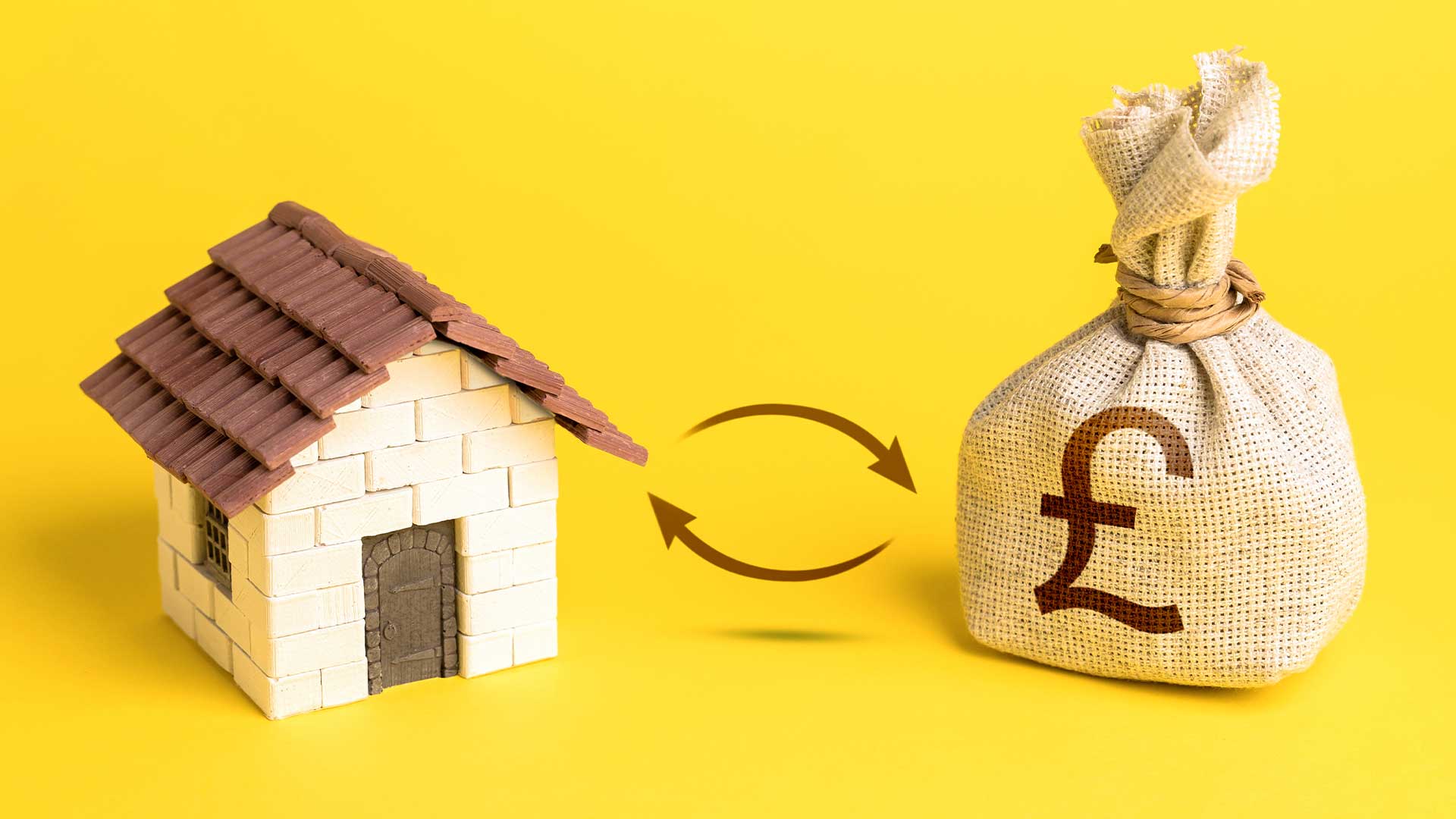In this article
How much you can borrow to remortgage will depend on how much your property is currently worth, how much you currently owe, your age, how much income you have, and your existing credit commitments.
You can get an idea of how much your property is currently worth by looking on websites such as Rightmove and Zoopla, both sold, and for-sale prices can be found here. Have a search for close by properties that are a similar size and condition to yours.
How Much Can I Borrow to Remortgage?
Explained in 1 min 30 seconds
Find more videos like this on MoneymanTV
Finding out how much you owe for your remortgage will be on your latest statement, online account, or your mortgage broker will know. This might be less than you think if you have made overpayments during the term of your mortgage.
Your lender will take in to account your ages when deciding how much you can borrow on a remortgage application. This is because they’ll need to endure that your mortgage is affordable to you both now and in the future including retirement. If you are considering taking your mortgage into retirement, there may be a more suitable age 50+ mortgage product for your needs.
How much extra can I borrow?
How much you can borrow to remortgage will also depend on your affordability, this will consider household income, the number of dependents that you have, any debts or monthly commitments that you have. It’s likely that the more disposable income you have the more you will be able to borrow when remortgaging.
You’ll have to prove to the lender that you can afford to pay your mortgage both now and, in the future, if interest rates increased. Lenders will use their historic data and lending statistics to ascertain what is affordable to you and how much they will lend.
Speak to an Advisor – It’s Free!
Schedule a free callback from one of our experts today.
- All situations considered
- Transparent and honest mortgage advice
- We search 1000s of purchase and remortgage deals
Our customers rate us 4.9/5
Can I remortgage and borrow more with bad credit?
If you have bad credit, irregular income, or have missed payments, this could reduce the amount you can borrow on a remortgage application. The worse your bad credit is, as a rule, the less you will be able to borrow on a remortgage application.
Also, how much you can borrow will depend on if you are looking to remortgage to capital raise for any reason. If you are looking to remortgage for debt consolidation, you might find that a lender will offer you a lower loan to value ratio than if you were looking to remortgage for home improvements due to the increased risk that is involved for them.
A mortgage broker will listen to your situation and recommend the best lender for you that will offer you the maximum borrowing required. Bear in mind that mortgage rates tend to be higher if your loan to value ratio is increased.
Remortgage rates work in bands, therefore, typically, a 90% remortgage will be at a higher rate than a 75% remortgage due to the risk being reduced to the lender. If for any reason you failed to meet your monthly payment and they had to repossess then they’re likely to get their full loan back plus any interest owed and estate agent fees the more equity there is available.







